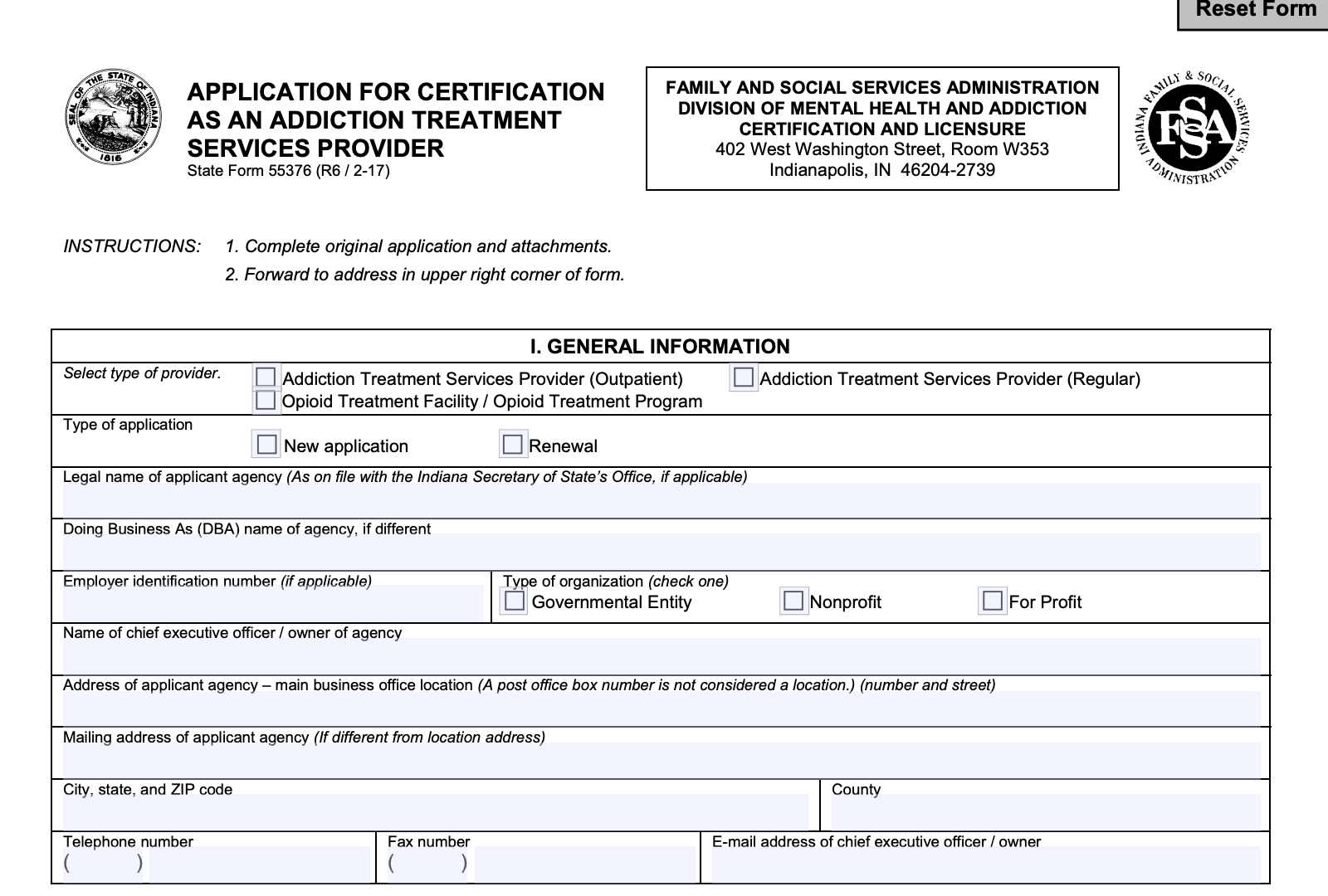Individualized Recovery: Advantages of an Accredited Addiction Treatment Center
Individualized Recovery: Advantages of an Accredited Addiction Treatment Center
Blog Article
Navigating the Trip of Cleansing in the Comprehensive Dependency Therapy Program
Starting the path of detoxification within the framework of a thorough addiction treatment program is a critical stage in the journey towards recuperation. The procedure of detoxing holds a considerable duty in damaging the physical dependence on materials and preparing the person for the subsequent stages of treatment. Browsing through detoxification is not simply a matter of physical cleaning; it requires an intricate interaction of mental, psychological, and social elements that require cautious factor to consider and assistance. As people come to grips with the challenges of withdrawal symptoms and the unpredictabilities that lie ahead, having a durable support and an organized plan system in place comes to be paramount. In this conversation, we will certainly explore the multifaceted aspects of detoxification within the comprehensive dependency therapy program and clarified the vital elements that form this transformative journey in the direction of recovery.
Value of Detoxing in Healing

Detoxing establishes the structure for the remainder of the dependency treatment program by preparing the person for more treatment and therapy. By cleaning the body important that have been clouding judgment and influencing habits, detoxification allows people to approach their recovery with a more clear mind and stronger focus.
In addition, detoxification helps in taking care of the possibly severe withdrawal signs that may develop when medication or alcohol use is quit. Doctor very closely keep an eye on clients during detoxification to ensure their safety and give essential assistance. Through this procedure, people can begin their journey towards sobriety with a supported mental and physical state, raising the likelihood of a successful recovery.
Comprehending the Detoxification Process
Cleansing, a fundamental component of addiction therapy programs, includes an organized process targeted at safely removing dangerous materials from the body to help with an effective recuperation journey. The detoxification process commonly starts with an evaluation to examine the person's compound use history, physical wellness, and psychological well-being. This examination helps health care professionals determine one of the most ideal detox strategy tailored to the individual's needs.
Throughout detox, the body experiences withdrawal as it adapts to the lack of the compound. Withdrawal signs and symptoms differ depending upon the sort of material made use of, the duration of use, and specific factors. Medical guidance during detox is vital to take care of withdrawal signs and make sure the individual's safety and security and comfort.

Handling Withdrawal Signs

Medications may be used to ease specific withdrawal signs and symptoms and minimize discomfort. Medicines like methadone or buprenorphine can aid manage opioid withdrawal symptoms, while benzodiazepines might be utilized for official statement alcohol withdrawal. It is crucial for health care providers to very carefully keep an eye on the person's action to these drugs to guarantee their safety and security and performance.
Along with medicinal interventions, encouraging therapies such as therapy, peer assistance groups, and all natural techniques like mindfulness reflection or yoga exercise can aid individuals deal with the emotional and psychological difficulties of withdrawal. By attending to withdrawal symptoms adequately, healthcare service providers can boost the detoxing experience and assistance individuals on their journey to recovery.

Assistance Solutions During Detox
Support group play an essential function in offering social and psychological support to individuals going through detoxification in addiction therapy programs. Throughout the detoxification procedure, individuals frequently experience a series of mental and physical withdrawal signs, making this phase challenging - Addiction Treatment Center. Having a solid support system in area can substantially impact the individual's capability to navigate with detox effectively
Relative, buddies, assistance teams, and health care specialists are important parts of the support system. Family members participants and pals can supply support, understanding, and see a feeling of belonging during this tough time. Support system provide a platform for individuals to link with others who are experiencing similar experiences, using a sense of community and shared understanding. Medical care professionals, including specialists, counselors, and physicians, play an important role in checking the person's progress, giving clinical assistance, and supplying guidance throughout the detox procedure.
Looking Ahead: Life After Detoxification
Having actually successfully completed the cleansing phase, individuals in addiction treatment programs currently concentrate on getting ready for the difficulties and opportunities that lie ahead in their trip in the direction of recuperation. Life after detox notes a crucial transition duration where people have to remain to construct on the development made during detoxification to maintain their soberness. It is necessary for people to identify that the journey in the direction of healing is ongoing and calls for devotion, commitment, and a determination to embrace change.
One key facet of life after detox is the development of coping systems to handle triggers and cravings that might develop. This might include learning brand-new abilities, such as mindfulness practices, cognitive-behavioral techniques, and stress and anxiety administration methods, to navigate tough circumstances without resorting to material use. Additionally, people are encouraged to actively take part in ongoing treatment, support system, and aftercare programs to strengthen their assistance network and get guidance as they navigate the intricacies of life post-detox.
Final Thought
To conclude, detoxing is an important element of the detailed addiction therapy program. Comprehending the detox procedure and managing withdrawal signs and symptoms are necessary steps in the direction of healing. Assistance systems play a substantial function throughout this difficult trip. Addiction Treatment Center. Looking ahead, life after detox holds assurance for a healthier, substance-free future. It is necessary to identify the relevance of detox in the process of conquering dependency and moving towards a life of sobriety.
Clinical guidance during detox is critical to handle withdrawal signs and symptoms and ensure the individual's safety and security and convenience.
By understanding the detox procedure and its importance in damaging the cycle of dependency, individuals can embark on a course towards lasting recuperation.
During the detoxification procedure, individuals usually experience a variety of mental and physical withdrawal symptoms, making this phase redirected here tough. Healthcare specialists, including therapists, counselors, and doctors, play an important function in checking the person's progression, supplying clinical assistance, and using support throughout the detoxification procedure.
Life after detox marks an essential shift duration where individuals should continue to build on the progress made during detox to keep their sobriety.
Report this page